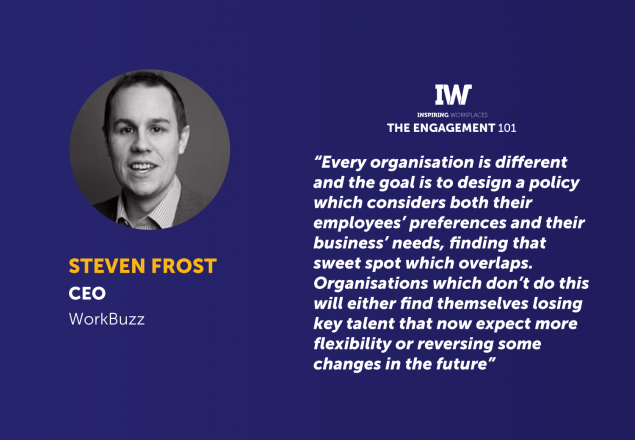
16th June 2025
How Leaders Can Build Accountability and Resolve Workplace Conflict Effectively

Leaders can foster a culture of accountability around conflict by equipping employees with conflict resolution skills, encouraging open dialogue, and providing autonomy rather than micromanagement. This proactive approach reduces reliance on formal processes, strengthens trust, boosts engagement, and enhances organizational adaptability – especially critical during times of change and uncertainty.
This article was written by Anna Shields and published in Forbes.
In times of uncertainty and change, building a culture of accountability is essential for leaders as they navigate workplace conflict. While many organizations have centralized systems for managing disputes, these put the burden of managing conflict on HR professionals. Yet the most effective way for organizations to manage conflict informally and quickly is to embed accountability for resolving issues at every level. This doesn’t mean that leaders should step away from managing conflict, but rather, that they create the clarity, confidence, and conditions for employees to be able to resolve their own conflicts at a much earlier stage. Here are three core strategies for leaders who want to build a culture of accountability around conflict management.
3 Strategies To Create A Culture Of Accountability Around Conflict
1. Build conflict capability at every level
Conflict that festers and grows can be stressful and complex for everyone involved. Organizations often rely on formal processes, such as grievance procedures, to manage situations of conflict. Many employees resort to formal processes because they avoid the discomfort or risk of having to handle conflict by themselves. Whilst there is a place for formal process, these procedures can often be costly, time-consuming and resource-intensive as they usually involve managers, HR professionals, and specialist staff. These processes disempower the individual because they hand responsibility to a third party. This misses a valuable opportunity: helping people to learn the skills and resilience to deal with conflict differently in the future.
A more strategic approach to managing conflict is to democratize conflict management skills by empowering people to resolve conflict themselves. This means giving employees a base level of skills and autonomy to address conflict situations before they escalate. Managers can also be trained to spot the early warning signs of conflict, support team members when required, and signpost resources and informal support. For a leader looking to build a culture of accountability for conflict resolution, a broader implementation of these skills creates more learning opportunities and enhances organizational capability. As the saying goes, “Teach a person to fish and you feed them for a lifetime.”
2. Foster open dialogue to support a culture of accountability
In addition to giving people the skills they need to manage their own conflicts, people also need to know that they are safe to express their views and respectfully challenge others. If someone feels that they won’t be supported if they speak up, they are less likely to voice different opinions or come up with new ideas.
Allowing people to express themselves safely builds the trust needed for them to feel accountable. They are then more able to take ownership of issues, rather than staying silent or deferring responsibility when they experience conflict. Part of creating this culture involves treating mistakes as learning opportunities. Leaders play a key role by role modeling how they respond to mistakes and openly sharing their experiences. These personal examples of missteps and lessons learned help reinforce that accountability is not about perfection but about honesty, reflection, and continuous improvement.
Read the article in full: How Leaders Can Build A Culture Of Accountability Around Conflict







